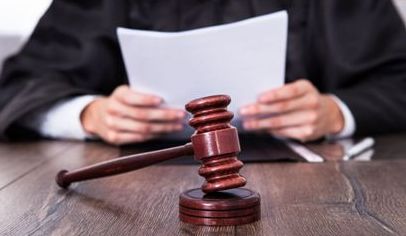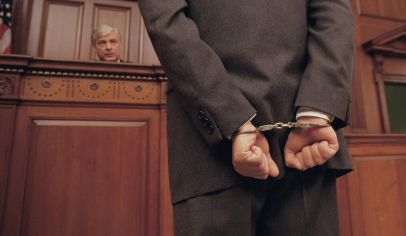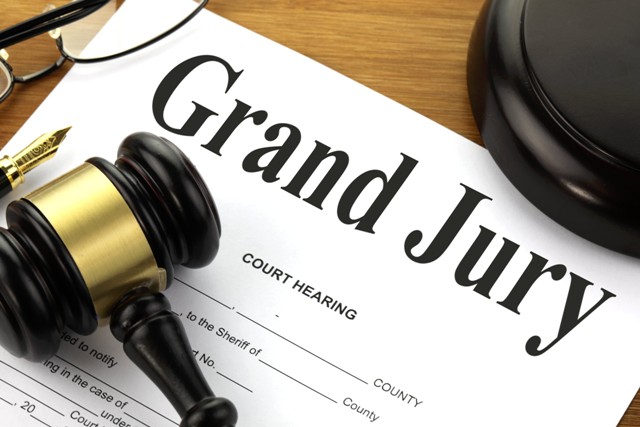- (251) 275-3144
- 114 Court Street Grove Hill, AL 36451
- Mon - Fri: 8:00 - 5:00
- Terms and Conditions
- Privacy Policy

Each year, local businesses lose tens of thousands of dollars because of bad checks that do not have...

The Pre-Trial Diversion Program (PTD)diverts nonviolent defendants from the court system into an...

The Child Support Enforcement (CSE or IV-D) Division is a joint Federal/State effort to help families....

The Cost Recovery Unit is responsible for collecting old court costs and restitution. Many victims’...

One of the most frequently asked questions that our office receives is how a felony case proceeds...

Newborns must be brought, unharmed, to any local hospital emergency room or designated...

The People of the Helping Families Initiative help students suspended from school for truancy or other bad behaviors build productive futures while improving the safety and learning environments for all students.
We do this with in-depth family assessments that identify the root causes of these bad behaviors. Our Inter-Agency Teams plan and deliver combinations of services that meet individual and family needs. We communicate human and statistical results to the public and other stakeholders.

We represent your interest as a victim of crime.
The primary function of the District Attorney’s Office is to prosecute those who violate the criminal laws of the State of Alabama. Equally important is the protection of the public and assisting victims of crime.
If you are a survivor of sexual assault and would like to inquire about your case, its status with law enforcement, or with the District Attorney’s Office, please get in touch with one of our advocates at (251) 275-3144
If the Grand Jury returns an indictment and endorses it as a “true bill,” the case will proceed to Circuit Court where felony cases, along with the misdemeanors that accompany them, are tried in front of a jury. Once the issue has been assigned to a circuit court judge, the defendant will be arraigned in open court, and they may then plead guilty, not guilty, or not guilty because of mental disease or defect.
If the defendant wishes to have a jury trial, the judge will set a date for the problem and dates for any other necessary pre-trial hearings. If the jury finds the defendant guilty, the judge will sentence them. Read More
District Court handles all misdemeanors and traffic violation cases that the Jefferson County Sheriff’s Office has investigated, the Alabama Department of Public Safety, and other various state agencies. District Court is also the initial courtroom phase for all felony cases that a Grand Jury has not been indicted.
A defendant can plead guilty to any case in District Court, but only misdemeanor and traffic cases can be tried there. All trials in District Court are called bench trials and are heard by a Judge with no jury. Read More
The Drug Court Program is not an easy way out, but it does afford an opportunity for first-time nonviolent offenders to redirect their lives. The program began in 1996 and uses the latest methods to break the cycle of addiction so prevalent in our society today. Through the intensively personalized and controlled restoration process, thousands have graduated from Drug Court and received a dismissal of the charge that put them in jail.
Members stay in the program for a minimum of six months and undergo frequent drug tests, receive counseling, and are required to perform community service. A defendant who successfully completes the program will not receive a conviction. Read More
The Juvenile Services Program was created in 2000 to respond to the following mandate of the Alabama Legislature:
Juvenile probation officers are an integral part of the juvenile justice system. Young probation officers perform a variety of services essential to the proper operation of the juvenile courts, including working primarily with youths who are alleged to be delinquent or in need of supervision.
The Legislature intends that a comprehensive system of juvenile probation services be developed, implemented, and administered statewide by the Administrative Office of Courts Read More
A division of District Court, the Juvenile Court addresses matters concerning Delinquency, Child in Need of Supervision (CHINS) and Dependency involving children under eighteen years of age. Cases are initiated by filling of a complaint and/or petition.
When juveniles commit crimes and cause injury or loss to victims, there are several steps that must occur before the case can be resolved and the victim can receive restitution. Knowing what happens in the Juvenile Court process may help alleviate concerns and provide an understanding of what to expect. Read More

A Grand Jury is a panel of eighteen (18) Clarke, Washington and Choctaw County citizens who are selected at random from the group of prospective jurors who have been summoned for jury service. The Grand Jury is in session for one week per month for three consecutive months. Jurors selected to serve as a grand juror will serve during each of these three weeks. Each year, four Grand Juries are empaneled. Special sessions of the Grand Jury may also be scheduled as needed. Grand jurors selected for special sessions usually serve only one week.
The purpose of the Grand Jury is to hear testimony from witnesses and review the State’s evidence to determine if there is probable cause to issue an indictment against a suspect. In Alabama, an indictment must be returned by a Grand Jury before any felony case can go to trial. Read More

The First Judicial Circuit has a new district attorney. Stephen Winters was appointed this week by Gov. Kay Ivey to fill the vacancy created by the retirement of Spencer Walker. Winters, who practices law in Butler, was a full-time assistant DA in the early 2000s and has continued as a part-time assistant DA. See a story in this week’s Clarke County papers. The First Circuit is composed of Choctaw, Clarke and Washington counties
In the United States, a district attorney (DA), state’s attorney, prosecuting attorney, commonwealth’s attorney, or state attorney is the chief prosecutor and/or chief law enforcement officer representing a U.S. state in a local government area, typically a county. The exact name and scope of the office varies by state. Alternative titles for the office include county attorney, solicitor, or county prosecutor.

